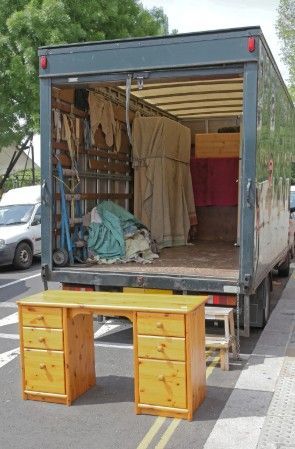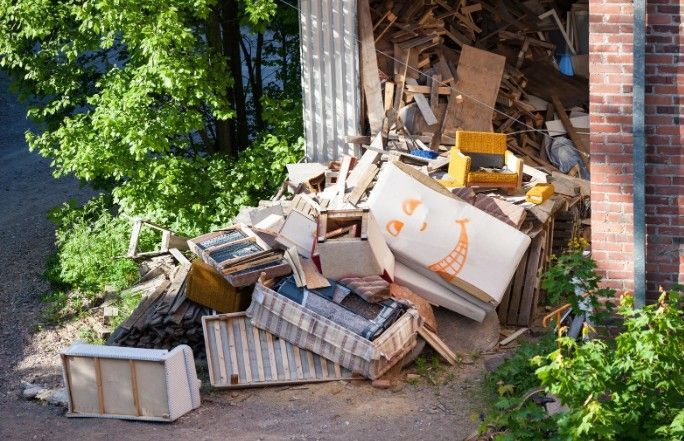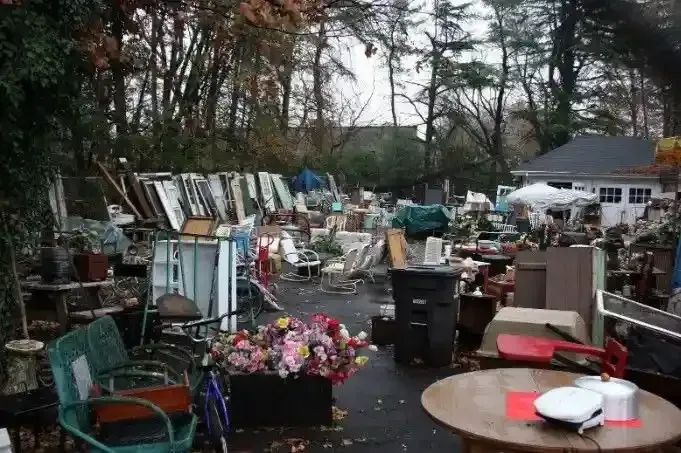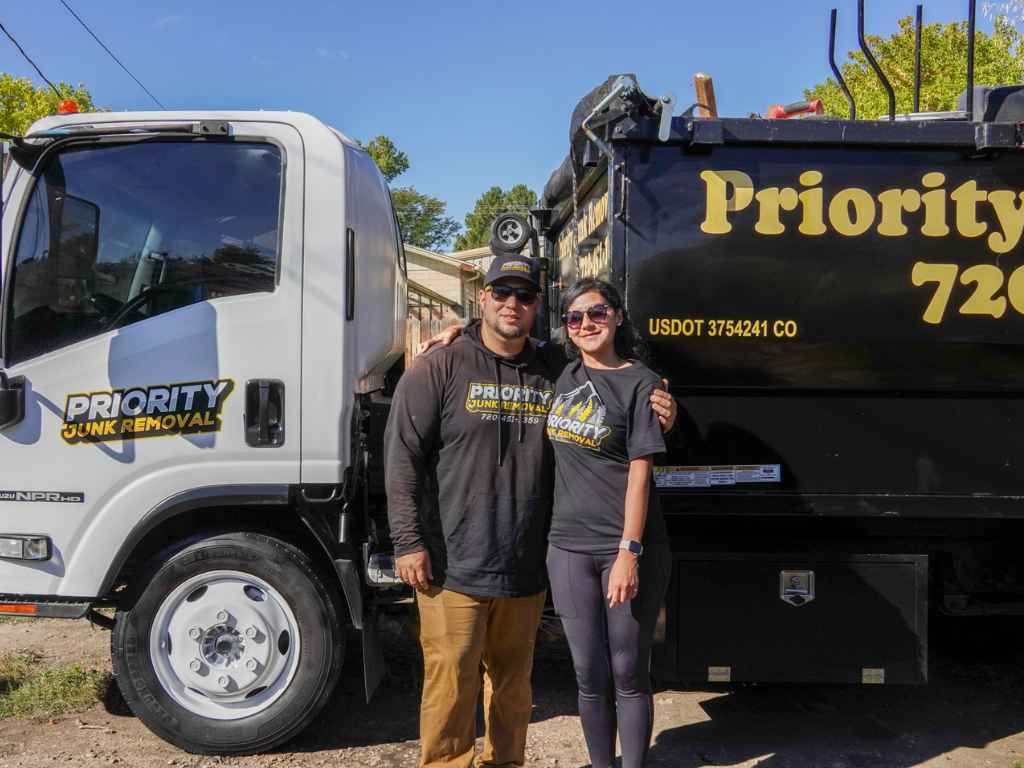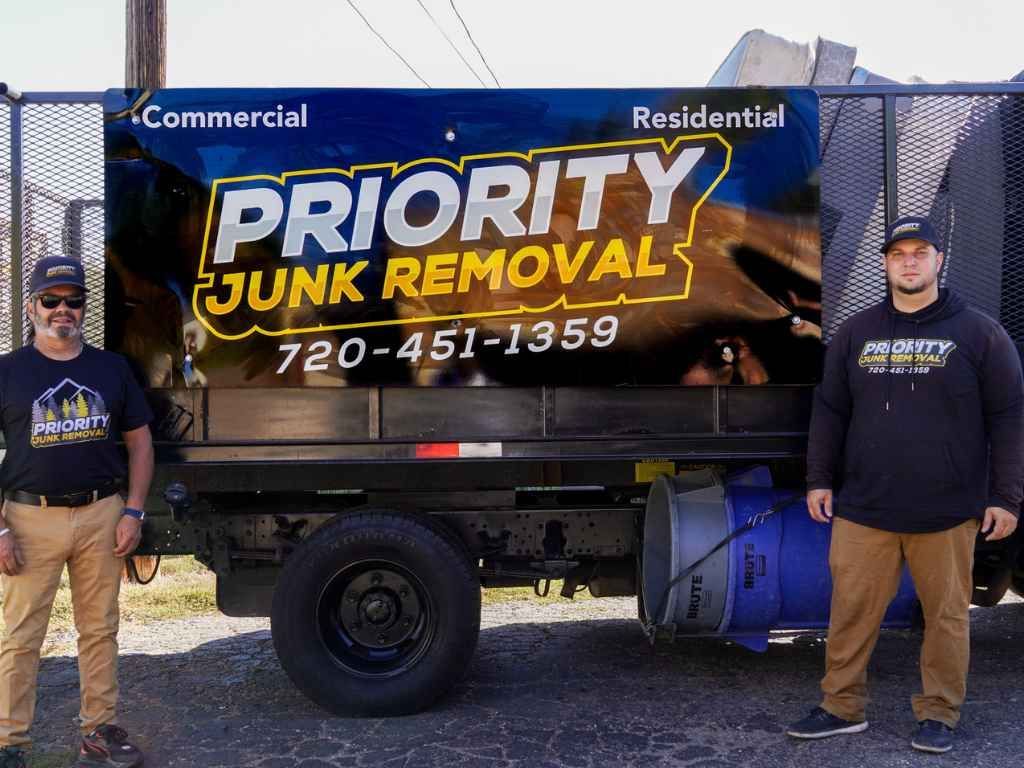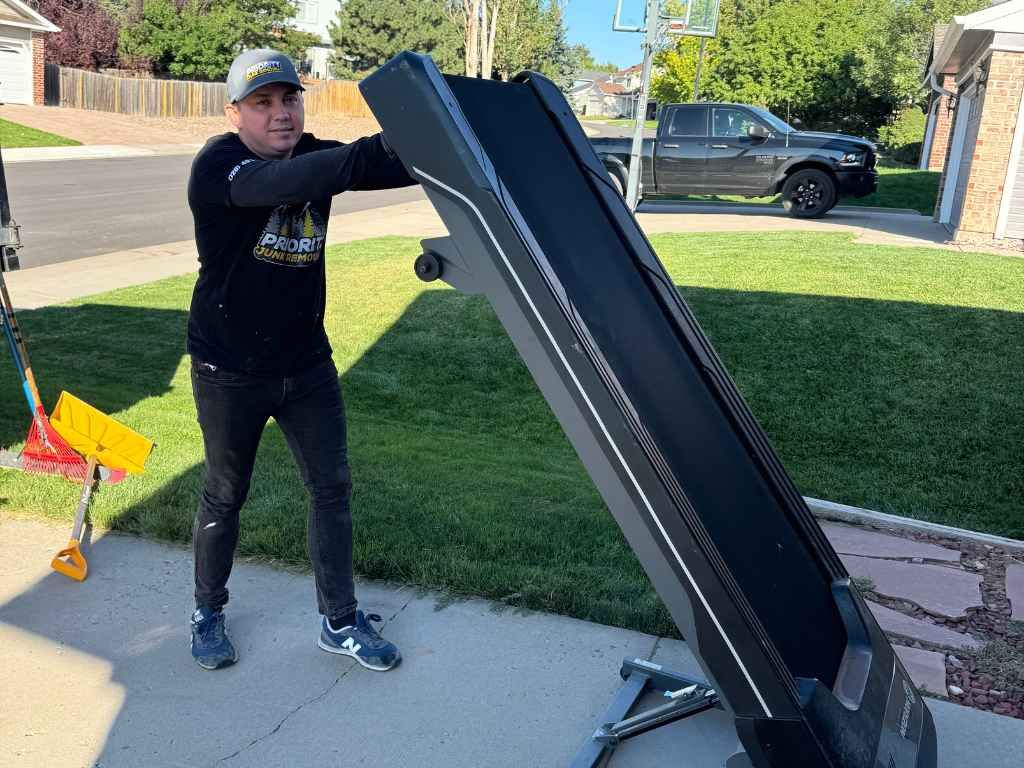Tips for Cleaning Out a Hoarder’s Home with Compassion
When it comes to cleaning out a hoarder's home, it's not just about removing clutter—it's about doing so with care, empathy, and respect. While hoarding is often viewed as a difficult and overwhelming task, understanding the emotional and psychological reasons behind it can guide you toward a compassionate approach. Whether you're helping a loved one or hiring professional services, the goal should always be to approach the process in a way that fosters healing and resolution. The following tips will help you effectively and sensitively tackle the challenge of cleaning out a hoarder’s home, while ensuring that the process is as stress-free and respectful as possible.
Understand the Emotional Impact of Hoarding
Before you even begin the process of cleaning out a hoarder’s home, it’s essential to approach the situation with a deep understanding of the emotional weight involved. Hoarding is often linked to psychological conditions like obsessive-compulsive disorder (OCD) or trauma, which means the clutter isn’t just physical—it’s tied to past experiences or fears. This makes the act of removing items feel like an emotional loss.
Acknowledging this fact upfront can guide your approach and help foster compassion throughout the cleaning process. People who struggle with hoarding may feel overwhelmed and ashamed by the condition of their home, and understanding that the clutter is more than just a mess can ease feelings of guilt and embarrassment.
Patience is key during this phase. Recognizing that the process will take time allows you to pace yourself and the individual you are assisting. Taking the approach of small steps can make the situation feel less daunting. Instead of pushing for an immediate or dramatic cleanout, work with the person to determine what items are important to keep and what can be safely discarded. By allowing them to make decisions in a supportive and non-judgmental environment, you help empower them in reclaiming control of their space and their life.
Collaborate with a Professional Junk Removal Service
Sometimes, cleaning out a hoarder's home requires professional help. While you may have the emotional intelligence and patience to support someone in this difficult process, the physical aspect of hauling away large amounts of clutter is not a task for one person alone. Hiring a professional junk removal service that specializes in hoarding cleanups ensures the process is managed efficiently and with care. These professionals bring both the equipment and expertise necessary to remove clutter in a safe and responsible manner.
Junk Removal in Littleton is a great resource for this type of service, as they offer specialized hoarder clean-out services with a compassionate touch. Trained technicians are prepared to handle a wide variety of items, including heavy furniture and old appliances, ensuring that everything is cleared out efficiently. With a professional team, you don’t have to worry about the physical labor involved, which allows you to focus on supporting your loved one emotionally throughout the cleanout process. Moreover, a reliable junk removal service will handle disposal responsibly, donating usable items when possible and recycling materials that can be repurposed.
Set Clear, Achievable Goals for the Cleanup
When it comes to cleaning out a hoarder’s home, it can be tempting to try to tackle everything at once. However, this is often an overwhelming approach that can lead to frustration and burnout. Instead, set small, manageable goals that are realistic and attainable. Focus on one room or one area at a time, and break it down into even smaller tasks. For example, if you're starting with a cluttered living room, begin with organizing the space under the coffee table, followed by sorting through bookshelves, and then moving on to clearing off countertops. This incremental approach allows you to see progress and provides a sense of accomplishment.
The key is to avoid overwhelming the person you're helping with unrealistic expectations. Let them know that the process will take time and that each step forward, no matter how small, is a victory. If the individual feels pressure to complete everything quickly, it may create anxiety, which could lead to setbacks. Make sure to celebrate the small wins along the way, and remind them that progress, no matter how slow, is still progress. By setting clear, achievable goals, you can maintain motivation throughout the cleanup process.
Establish a Compassionate Sorting System
During the cleanout process, one of the most challenging tasks is determining which items to keep and which to discard. A compassionate sorting system is essential, as it allows the person you're helping to feel empowered in their decision-making. The goal is to give them control over the process while gently guiding them to declutter. This can be done by categorizing items into groups such as "keep," "donate," "discard," or "unsure."
For items in the "unsure" category, consider setting aside a box or storage container for further evaluation at a later time. This can help reduce the immediate pressure of having to make quick decisions. Encourage your loved one to evaluate each item thoughtfully, asking questions like, "Does this bring you joy?" or "Do you use this regularly?" This not only helps them sort through their belongings but also gives them a chance to reflect on the value and sentiment attached to each item. Compassionately sorting through a hoarder’s home allows them to reclaim some sense of control over their space and their possessions.
Respect the Person’s Boundaries
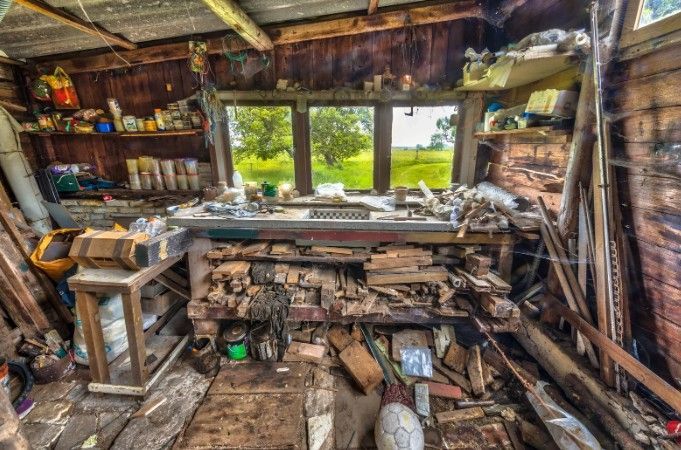
Hoarding can often be a deeply personal issue, and for many individuals, their possessions represent security or comfort. Respecting their emotional boundaries throughout the cleanout process is vital for maintaining their dignity and sense of autonomy. Be mindful of their comfort level and avoid rushing them to make decisions or pushing them to let go of things they are not ready to part with.
Sometimes, a person may be emotionally attached to items that others might deem unnecessary. It’s important to approach these moments with patience and understanding. Instead of insisting that they discard items, take the time to listen to their reasons for holding onto certain things. Acknowledge their feelings without judgment, and be prepared to offer support if they need it. By respecting their boundaries, you ensure that the process is as comfortable and non-traumatic as possible. After all, the goal is to help them reclaim their space, not to impose your own sense of order onto their life.
Encourage a Clean, Safe, and Organized Living Environment
Once you've cleared out the majority of the clutter, it’s time to focus on making the home a safe and organized living space again. This phase of the cleanup is about creating a harmonious, functional environment where the person can feel comfortable and secure. Organizing the space according to the person’s needs and preferences is essential to fostering a sense of stability.
Consider implementing systems that make it easier for them to maintain an organized space in the future. This could involve installing shelves, storage bins, or baskets to help keep things tidy. Encourage the use of labels or color coding to help them remember where things belong. Additionally, if possible, ensure that the home is safe by addressing any health hazards, such as mold, pest infestations, or structural damage. This process is about creating a sense of order without overwhelming the individual, so that they can enjoy a peaceful and clutter-free environment moving forward.
Build a Support System for Long-Term Success
Cleaning out a hoarder’s home is just the beginning of the journey. To ensure long-term success, it’s essential to build a strong support system for the individual going forward. This might involve setting up regular check-ins with a therapist or counselor who can provide ongoing emotional support. Additionally, it’s helpful to create a plan for maintaining the progress made during the cleanup process.
Encourage the person to stay connected with their support network, whether it’s family, friends, or support groups. Having regular interactions with loved ones can help them maintain their emotional well-being and prevent relapse into hoarding behaviors. Furthermore, setting realistic goals for maintaining a clutter-free environment, such as decluttering a small area each week or month, can help them stay on track. By fostering a strong support system, you’re not just helping them clean their home—you’re helping them create a healthier, more balanced life.
Be Prepared for Setbacks and Relapses
The process of cleaning out a hoarder’s home is rarely straightforward. There may be setbacks and relapses along the way. Even after the initial cleanout, it’s possible that the individual may struggle with holding onto items or may feel overwhelmed by the changes in their environment. This is completely normal and should be approached with understanding and compassion.
It’s important to remind the person that setbacks don’t mean failure. Progress may be slow, but each step forward is meaningful. During these moments, it’s crucial to remain patient and non-judgmental. Offer encouragement and gentle reminders of the benefits of a clutter-free home, such as improved safety, health, and mental clarity. By being prepared for setbacks and relapses, you can provide ongoing support and help the person navigate their way through the challenges of maintaining a clean and organized home.
Conclusion
Cleaning out a hoarder’s home is no small feat, but with the right approach, it can be done compassionately and effectively. The emotional aspects of hoarding should never be overlooked, and approaching the cleanup with empathy can lead to lasting positive outcomes. If you find yourself in need of professional assistance, consider Priority Junk Removal in Littleton. With their expertise and compassionate approach, they can help you navigate this sensitive process with care and efficiency.
For more information, feel free to contact Priority Junk Removal at 720-451-1359 or priorityjunkremoval@gmail.com. They are ready to assist you with all of your junk removal needs.

